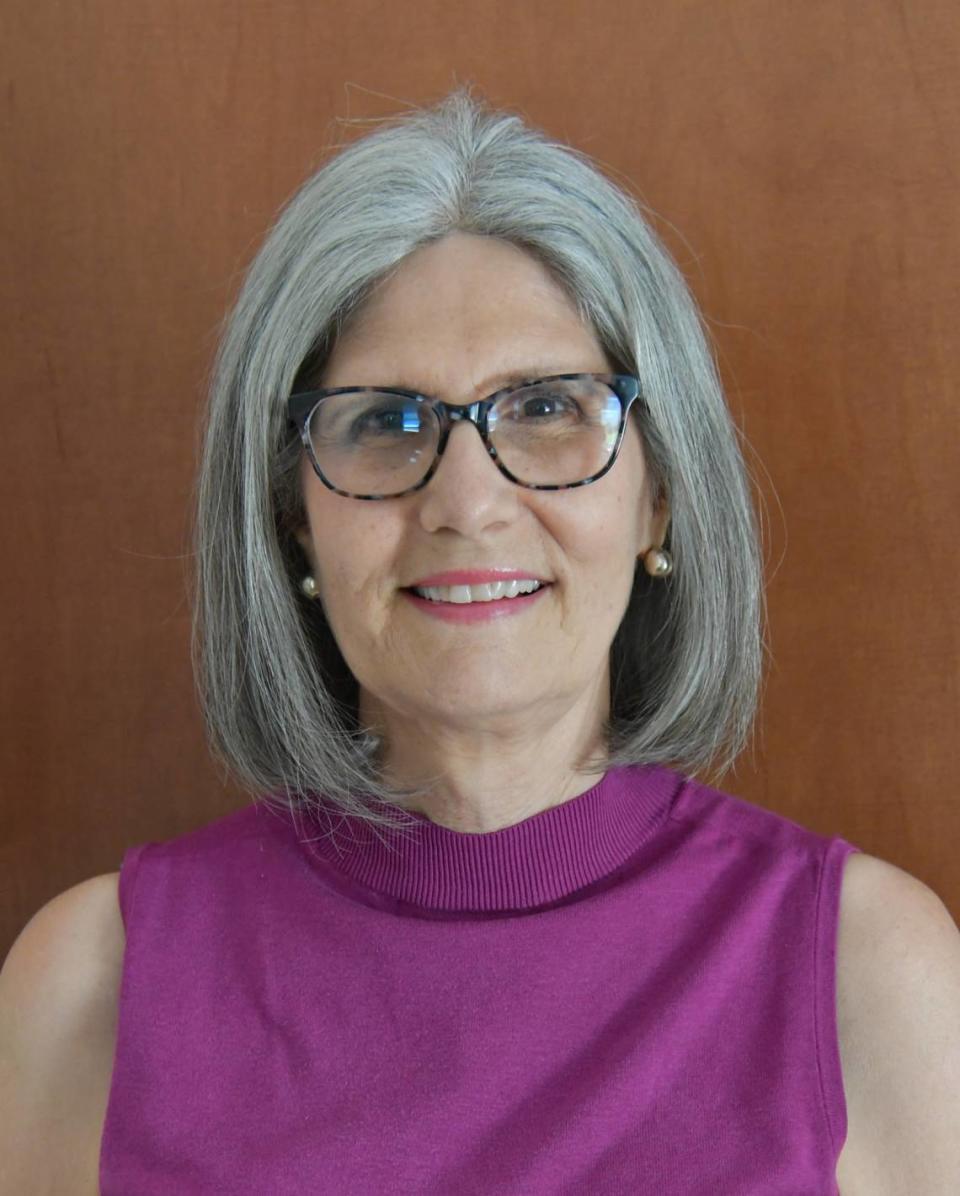World’s five richest men doubled their wealth since 2020. Why that’s a problem | Opinion
You’ve probably encountered the report by the charity organization Oxfam that details how the world’s five richest men have doubled their collective wealth since 2020, at a rate of $14 million an hour. I don’t know about you, but my average brain has a tough time imagining such riches. My experience with such wealth is limited to ogling.
On the other side of the money pie, a huge slice of the poor actually got poorer around the same time. Oxfam said that about 4.8 billion people are worse off today than they were four years ago. What’s more, the earnings of 791 million workers didn’t keep up with inflation, which means these workers lost an equivalent of $1.5 trillion in the past two years.
But I’m not here to write about the obvious — the calamity of income inequality — but to muse aloud about a funny exchange I remember from a while back.
“He picked the wrong parents,” a fellow mother joked about her son when he was passed over in favor of a peer who had a better network and pedigree.
We all laughed because it was a painful, unavoidable truth, and her quip became our go-to phrase for any situation when children were not tall enough to play basketball, or smart enough to make Mensa, or rich enough to graduate without student loans, or connected enough to land a coveted internship.
We learned soon enough that being born to a mother and father with the necessary physical attributes and brainpower can go a long way. It’s about genes, yes, but also about the advantages that accompany this genetic and financial lottery.
I was thinking of those long-gone days of child-rearing when I heard about the Oxfam report and then, read a Vox media story about how an inheritance — being born into a certain kind of family — is still the key tool to growing money. Though there are more billionaires than ever before, and though we cling to the story of the self-made Mr. (or Ms.) Moneybags, the reality is quite different. Those extra zeroes in the brokerage account usually come from Mom and Dad, not some rags-to-riches fairy tale.
Take the example of Françoise Bettencourt Meyers, heir to the French beauty brand L’Oréal. The richest woman in the world made recent news when she became a centi-billionaire in late 2023, benefiting from the exponential rise of her company stock. Of course it’s not just money that’s passed on from generation to generation, but that just happens to be the most tangible proof of my point.
That said, I find myself resisting the obvious. For one, I don’t believe that somewhere in another dimension unborn souls are given the choice of parents. We have no proof either way, but it seems to me that babies would pick something other than abuse, hunger and negligence.
I also don’t think that being raised in a wealthy, powerful family is all rainbows and unicorns. In some instances, being measured against the success of a parent or another ancestor can be a curse. Think of all those athletes, artists, actors who never achieved what preceded them. Looking over your shoulder can be a heavy burden.
But what bothers me most is that by knowing the odds, by accepting the privilege and power of the ultra-rich, some of us might throw up our hands in surrender. Why bother when so many factors are stacked against us? Why not accept our lot in life?
I can’t do that. I hold on to the belief that we can control many things, even as the field of opportunity remains harshly uneven. I believe, too, that we can learn, adapt and take advantage of the crumbs that come our way. We don’t have to like it, we don’t have to consent to it, but we can fight, we can overcome it with the help of mortal angels along our path.
Does that make me a clueless Pollyanna?

Ana Veciana-Suarez writes about family and social issues. Email her at avecianasuarez@gmail.com or visit her website anavecianasuarez.com. Follow @AnaVeciana.

